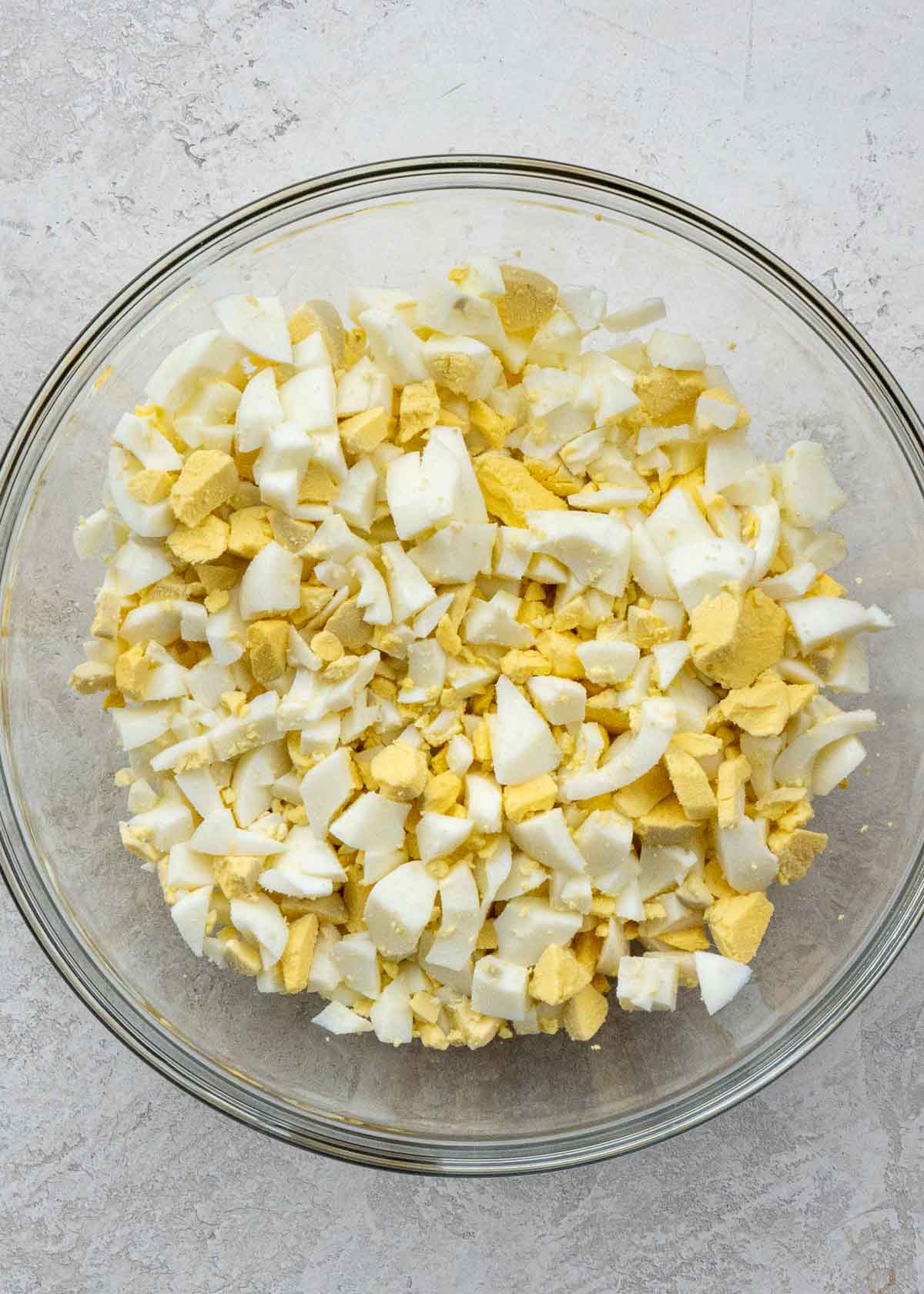Step-by-Step Guide to Preparing Perfect Hard-Boiled Eggs

# Step-by-Step Guide to Preparing Perfect Hard-Boiled Eggs
Hard-boiled eggs are a versatile and nutritious food that can be enjoyed on their own, added to salads, or used in various recipes. However, achieving the perfect hard-boiled egg — one with a tender white and a creamy yolk — can be tricky. Overcooking can result in a greenish ring around the yolk and a rubbery texture, while undercooking leaves the yolk runny. This step-by-step guide will help you master the art of preparing perfect hard-boiled eggs every time.
## Step 1: Choose Fresh Eggs (But Not Too Fresh)
While fresh eggs are generally preferred for most cooking purposes, slightly older eggs (about 7-10 days old) are easier to peel after boiling. As eggs age, the pH level of the egg white increases, which helps the membrane separate more easily from the shell. If you’re using farm-fresh eggs, consider letting them sit in the refrigerator for a few days before boiling.
## Step 2: Gather Your Equipment
Before you start, make sure you have the following:
– Eggs (as many as you need)
– A large saucepan or pot
– Water
– A slotted spoon or tongs
– A bowl of ice water (for cooling the eggs)
– A timer
## Step 3: Place Eggs in a Single Layer in the Pot
Place your eggs in a single layer at the bottom of the saucepan. This ensures even cooking. Avoid stacking eggs on top of each other, as this can lead to uneven results. If you’re boiling a large batch, use a bigger pot to accommodate all the eggs comfortably.
## Step 4: Add Cold Water
Fill the saucepan with cold water until the eggs are fully submerged. The water should cover the eggs by about 1 inch (2.5 cm). Starting with cold water helps the eggs cook more evenly and prevents cracking due to sudden temperature changes.
## Step 5: Bring the Water to a Boil
Place the pot on the stove over medium-high heat. Allow the water to come to a rolling boil. This may take a few minutes, depending on the size of your pot and the number of eggs you’re boiling. Keep an eye on the pot to prevent it from boiling over.
## Step 6: Turn Off the Heat and Cover the Pot
Once the water reaches a rolling boil, turn off the heat and immediately cover the pot with a lid. This method, known as “off-heat cooking,” ensures that the eggs cook gently and evenly without becoming overcooked or rubbery.
## Step 7: Set a Timer
The cooking time will depend on how you like your eggs. For hard-boiled eggs with fully set yolks, follow these guidelines:
– **Soft-boiled eggs (slightly runny yolk):** 6-7 minutes
– **Medium-boiled eggs (partially set yolk):** 8-9 minutes
– **Hard-boiled eggs (fully set yolk):** 10-12 minutes
For perfect hard-boiled eggs, aim for 10-12 minutes. If you’re unsure, you can always test one egg after 10 minutes and adjust the time accordingly.
## Step 8: Prepare an Ice Bath
While the eggs are cooking, prepare a bowl of ice water. Simply fill a large bowl with cold water and add ice cubes. The ice bath will stop the cooking process immediately and help prevent the yolks from turning green or gray, which can happen if the eggs are overcooked.
## Step 9: Transfer the Eggs to the Ice Bath
Once the timer goes off, use a slotted spoon or tongs to carefully transfer the eggs from the hot water to the ice bath. Let the eggs sit in the ice water for at least 5 minutes. This cooling step not only stops the cooking process but also makes the eggs easier to peel.
## Step 10: Peel the Eggs
After the eggs have cooled, gently tap them on a hard surface to crack the shell. Roll the egg between your hands to loosen the shell, then peel it off. If you’re having trouble peeling the eggs, try peeling them under running water — the water can help separate the shell from the egg white.
## Step 11: Store or Serve
If you’re not eating the eggs right away, store them in the refrigerator. Hard-boiled eggs can be stored in their shells for up to one week. If you’ve already peeled them, place them in an airtight container with a damp paper towel to keep them fresh.
## Bonus Tips for Perfect Hard-Boiled Eggs
– **Add a pinch of salt or vinegar to the water:** This can help prevent the eggs from cracking during cooking.
– **Use a spoon to crack the shell:** If you’re struggling to peel the eggs, gently tap the egg with the back of a spoon to